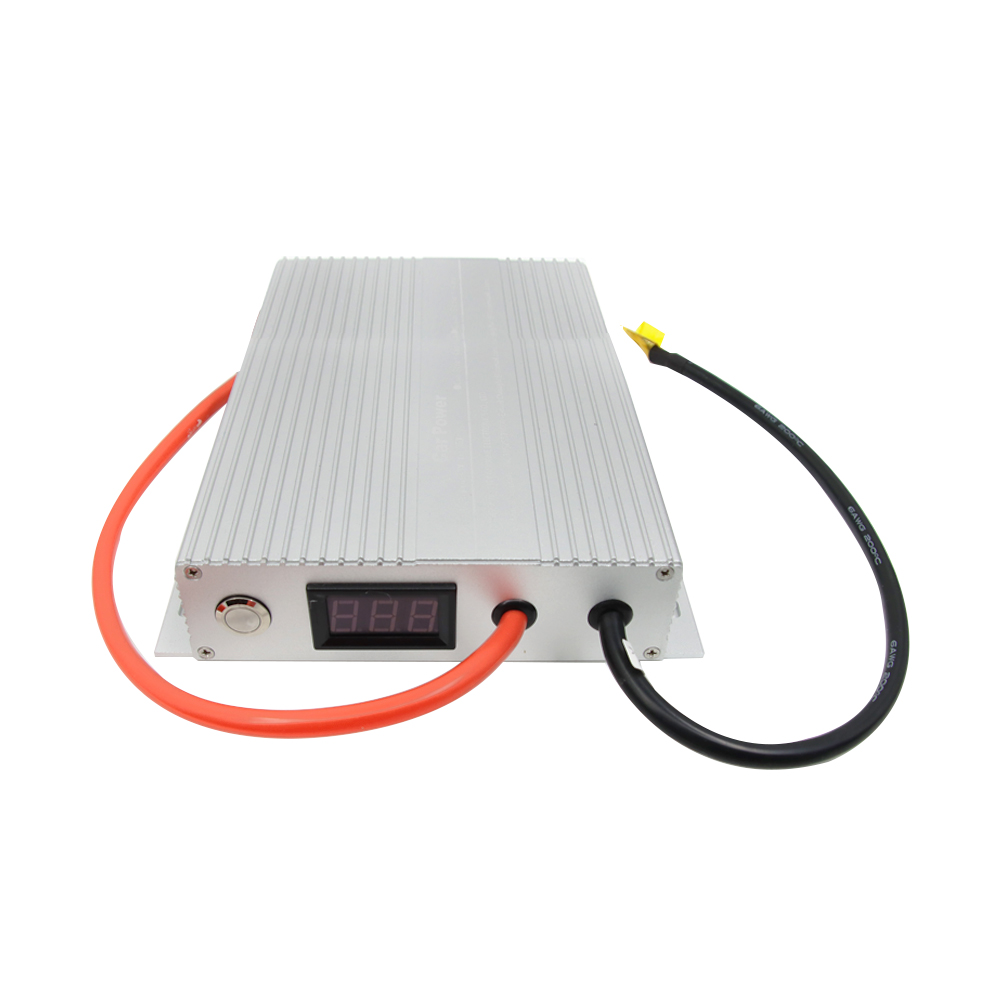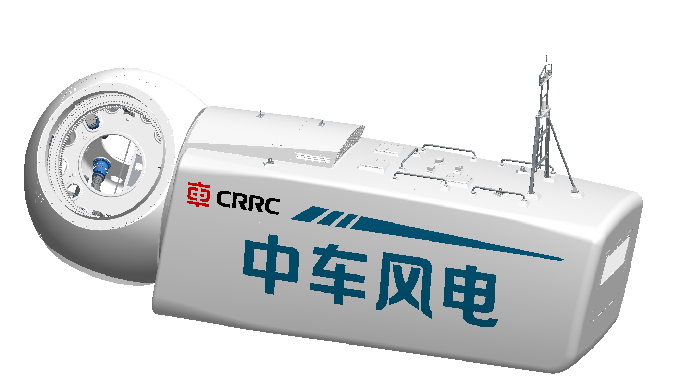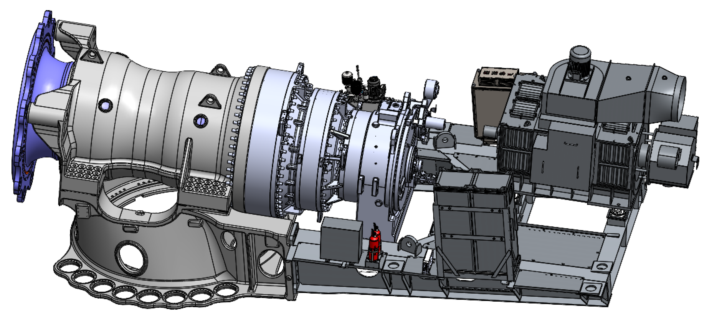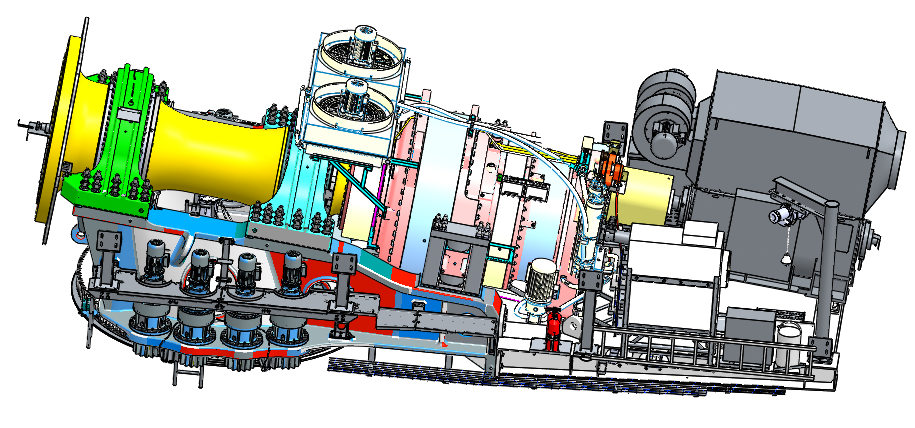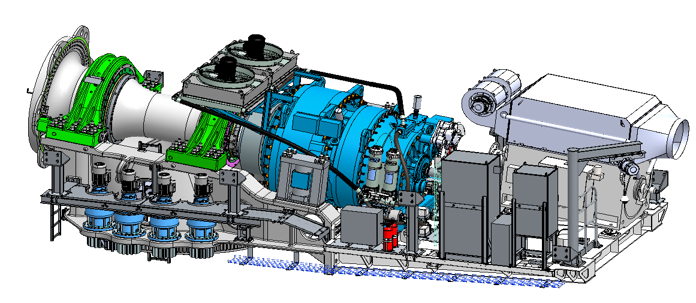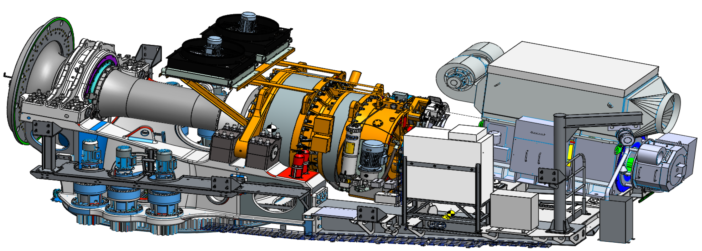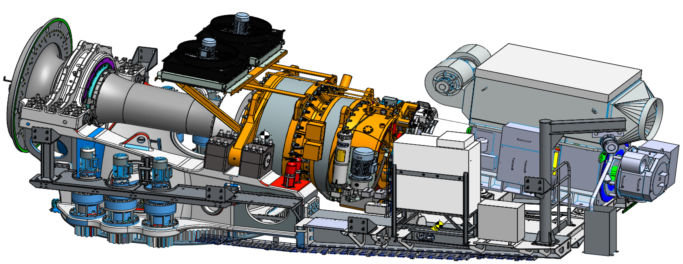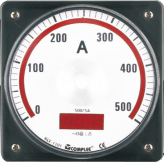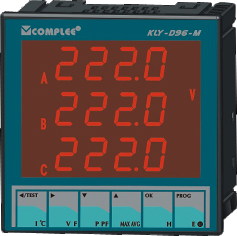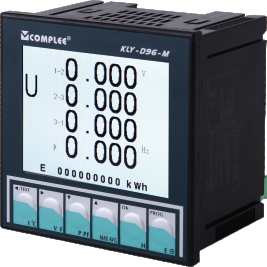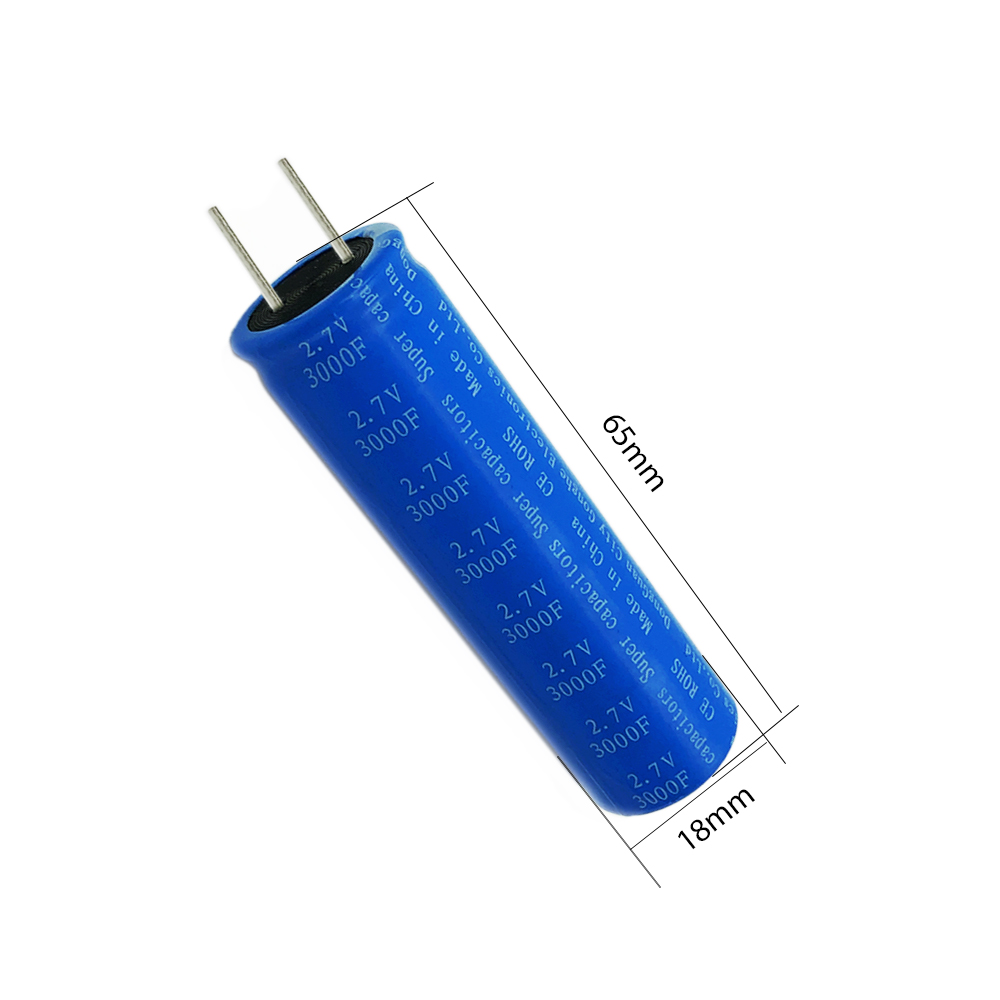Wedoany.com Report-Nov 26,The Ecological Effects of Floating Offshore Wind research programme (ECOFlow) has confirmed £7m funding for two UK projects investigating the ecological effects associated with floating offshore wind (FLOW) infrastructure in deeper offshore waters.
The findings will be used to inform marine policy and management.
The EQUIFy and Frontline projects will investigate the potential effects on the marine environment from this infrastructure.
The ECOFlow programme’s three objectives are to:
Develop an enhanced understanding of the effects of FLOW infrastructure on marine ecosystems, and transform the approach to deploying it at scale while maintaining nature recovery, and its coexistence with other users of the sea, particularly fisheries.
Utilise autonomous sensing technologies to establish innovative underwater sampling and monitoring approaches within and around the complex infrastructure associated with floaters.
Deliver robust evidence, new approaches and tools that will enable the acceleration of impact in policy and industry, and support government’s ambitions in the Celtic Sea off the coasts of south Wales and south-west England and the North Sea’s Scottish waters for the deployment of floating technology, nature recovery and fisheries management
Overall funding for the programme is £7m provided by the UKRI Natural Environment Research Council and The Crown Estate through its Offshore Wind Evidence and Change programme.
Programme Lead for The Crown Estate’s Offshore Wind Evidence and Change Programme Rachael Mills said: “Floating offshore wind has the potential to transform renewable energy generation in the UK by unlocking new areas of the seabed, driving us towards our national clean energy and net zero targets.
“Our partnership with NERC on the ECOFlow programme is pivotal in supporting our collaborative work to protect the marine ecosystem and proactively address environmental challenges.
“Through innovative technology and development of a world-leading data and evidence base, we are creating greater opportunity to find the balance between renewable energy development and marine conservation.”
EQUIFy, led by Plymouth Marine Laboratory will establish a framework for quantifiable evidence and impact of ecosystem change throughout the lifecycle of UK floating offshore wind farms.
The project will use an array of modelling approaches, autonomous monitoring systems, and decision support tools to provide a transferable evidence framework that improves current understanding of the likely future effects of FLOW in UK waters, with a focus on planned developments in the Celtic Sea.
It will deliver new tools and knowledge over a range of scales, from individual turbines to the whole of the UK shelf seas and beyond, and importantly provides this understanding within the context of a changing climate and under the changing use of our seas that upscaling FLOW will undoubtedly drive, providing the tools required to aid quicker and more effective decision-making to help accelerate the consenting process.
The ECOFlow Frontline project, led by Heriot-Watt University will deliver new insights into the way in which FLOW development can have ecosystem-level impacts, improve the evidence basis for quantifying ecological impacts and offer new ways to promote nature recovery and sustainability.
Frontline will combine existing and new datasets to quantify currently unknown FLOW consequences from the base to the apex of offshore marine ecosystems with a focus on ocean fronts.
Satellite remote-sensing and autonomous vehicles we enable researchers to develop a mechanistic understanding of front formation and determine their impact on plankton and fish in the Celtic Sea and how this might change in the presence of FLOW infrastructure.
It will also examine how marine consumers – elasmobranchs, teleost fish, seabirds, marine mammals, and fisheries – use fronts and how this might change with the construction of FLOW.
It will also explore the use of fronts as sites for nature recovery, facilitate coexistence with other marine users (e.g. fisheries) and deliver a baseline for long-term monitoring against a backdrop of accelerated ocean warming and spatial squeeze.
